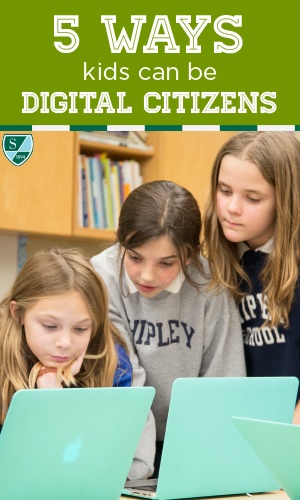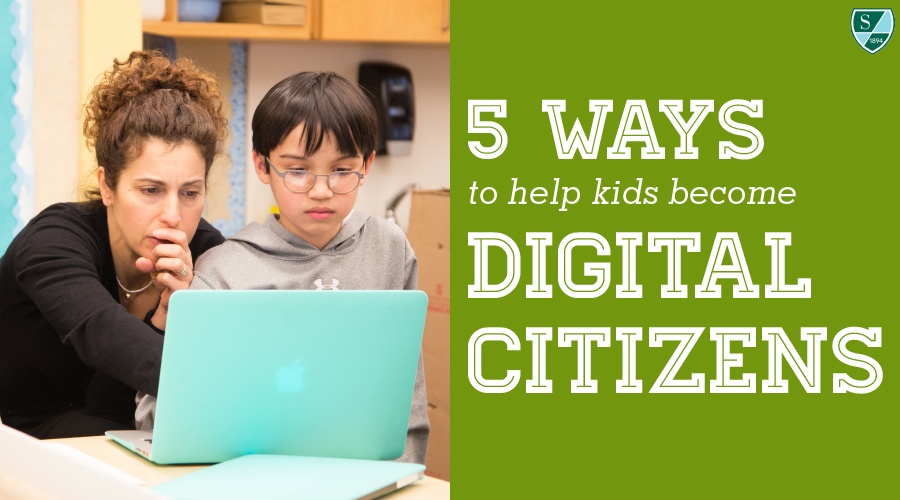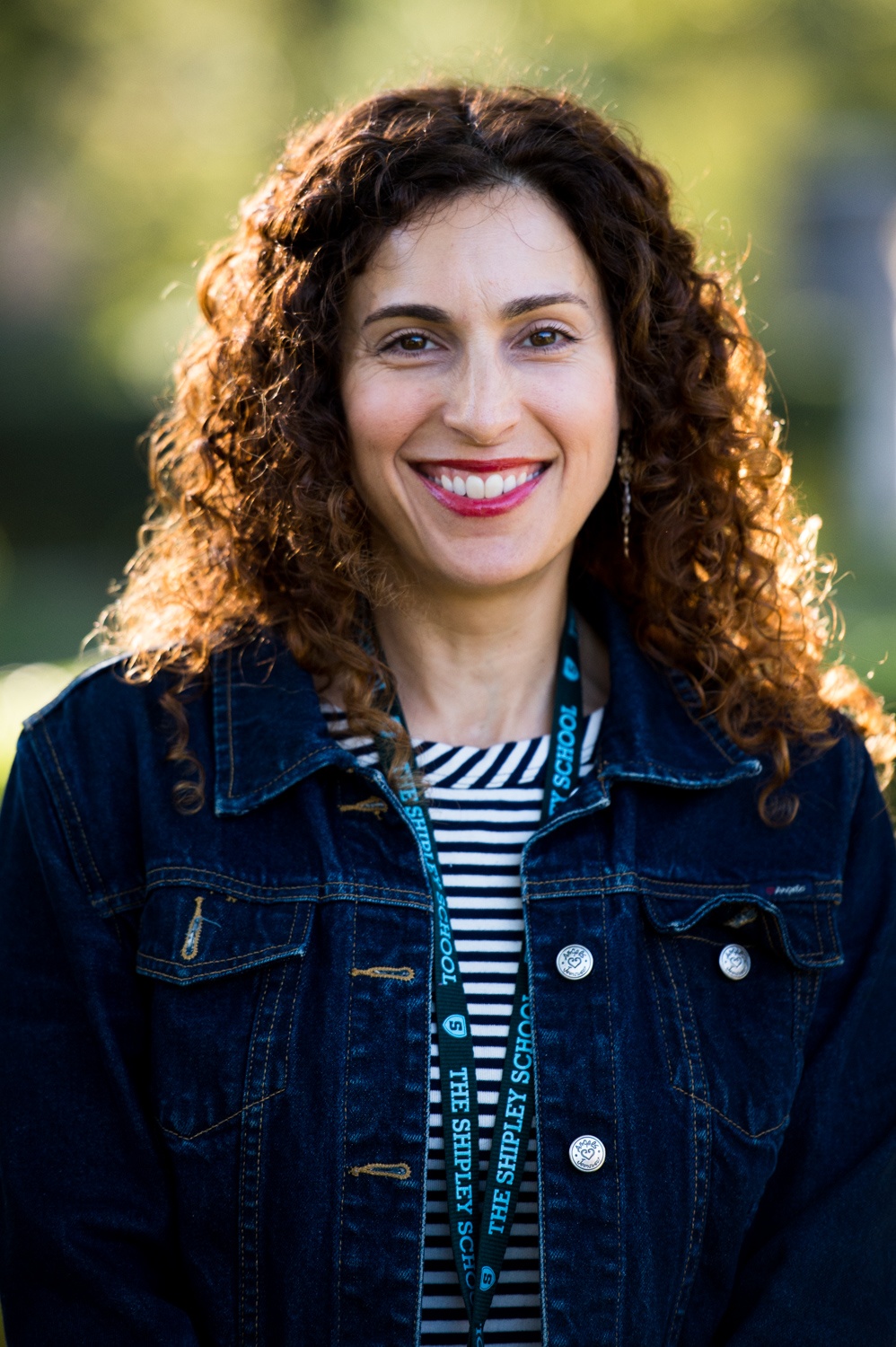With today's students knowing how to use tech before they can talk, conversation around online safety have to start earlier than ever before. Below, Debra Finger, Assistant Director of Educational Technology and Lower School Technology Coach, outlines the best age-appropriate ways to talk tech with Lower School students.
Kindergarten
All About Community
In Kindergarten, the topic of community is already coming up. Many students are learning about going places safely, only talking to people you know, and always asking permission from a grown up. These lessons are true in the digital world as well – the key is to be sure to include it. For example, when teaching a child about only talking to people they know, don’t limit the people to the strangers in the grocery store – make sure to include anyone they may come into contact with on apps and websites as well.
1st and 2nd Grade
Personal Safety
As the students move through the Lower School, lessons in technology should continue. First and second grade is the perfect time to talk about personal safety. In addition to classic lessons like wearing a seatbelt and bike helmet, online lessons can include keeping personal information private, not sharing passwords, identifying trusted adults, and being kind online.
3rd Grade
Blogging Beginnings
In my third grade classes, we introduce students to blogging and leaving a positive digital footprint. These lessons all tie into about representing yourself, your family, and your school through your  blog posts. This begins the idea of a positive digital footprint. We also relate being kind online to writing quality comments when reading other students’ blog posts.
blog posts. This begins the idea of a positive digital footprint. We also relate being kind online to writing quality comments when reading other students’ blog posts.
Searching Safe
Students are introduced to kid-safe search engines and learn about the structure of search results when they are beginning researching our third grade projects on Explorers. We introduce the idea of public domain image sites and the concept of not everything you find on Google is yours for the taking. This relates to the third ring of responsibility, protecting the larger digital community.
4th Grade
Be Kind Online
Being kind online and considering what you share with others takes on a whole new meaning when students are in fourth grade. In fourth grade, students are given new privileges: they have their own laptop assigned to them for use in school, they learn about then create their own strong password, and they get their own working email accounts. With each of these privileges comes new responsibilities and new ways that digital citizenship becomes more important. Now that students have email accounts, we discuss email netiquette including how to format an email, not replying to everyone, thinking about the content of an email, and thinking before forwarding emails. Students in fourth grade also begin to learn about smart searching using keywords and that continues into fifth grade.
5th Grade
Starting Social Media
With each year that we have these conversations, the students come with new experiences, new devices, and new perspectives. In fifth grade, the conversations become more focused on sharing, posting, texting, and social media as students in fifth grade are beginning to become users of some social media and texting apps. We discuss how each time students use a device, they have choices — though they may be able to post, share, text, like, upload, forward things in an instant, they need to pause, to stop and think about how what they are doing will reflect back on them and what it will say about their digital footprint.
As boundaries and limits are tested, some lessons are borne out of teachable moments. Just like emergency drills are practice so students know what to do if a real situation arises, we see these lessons and conversations as important practice so that when children are faced with choices, they know how to make the positive ones.










